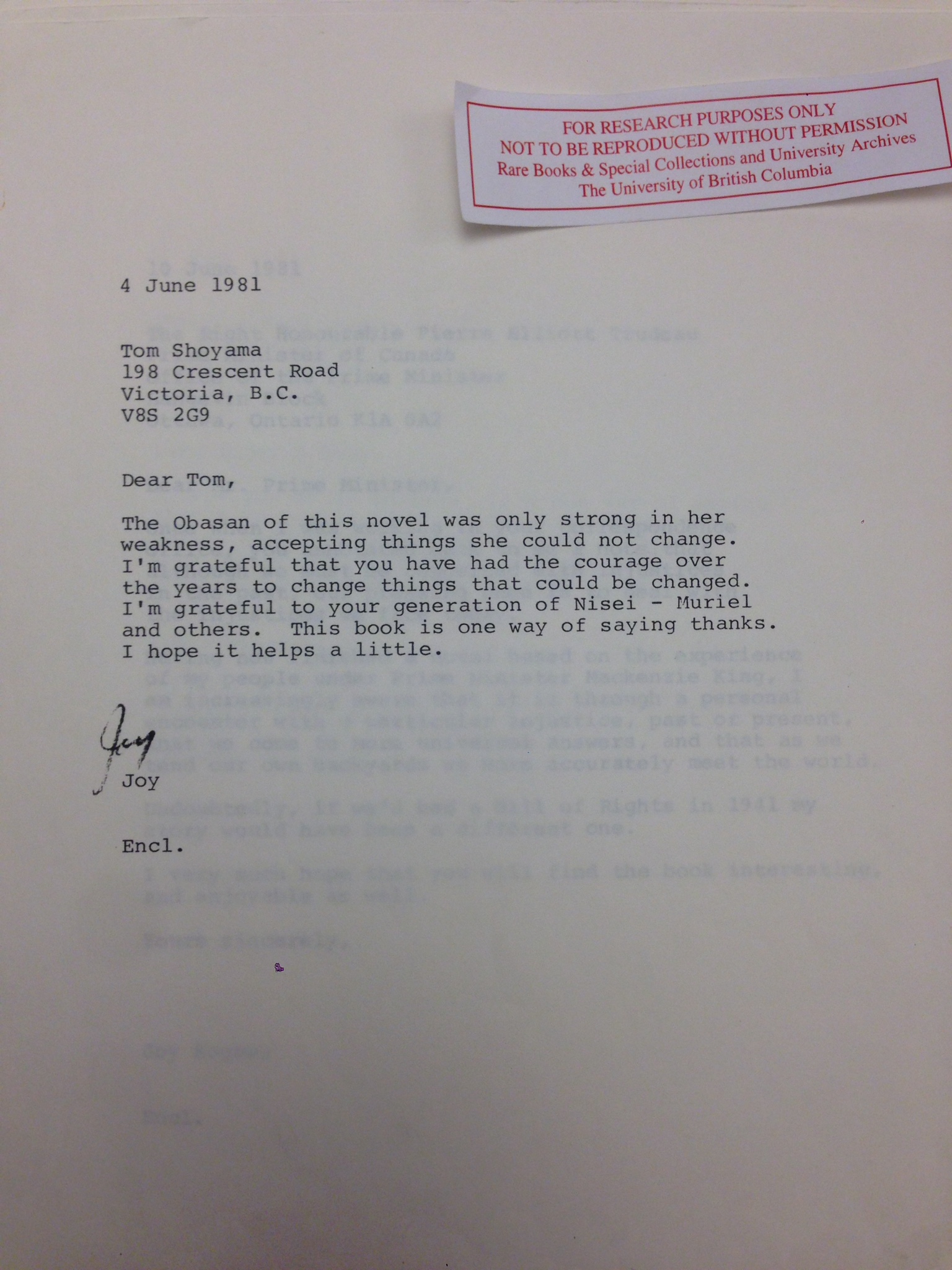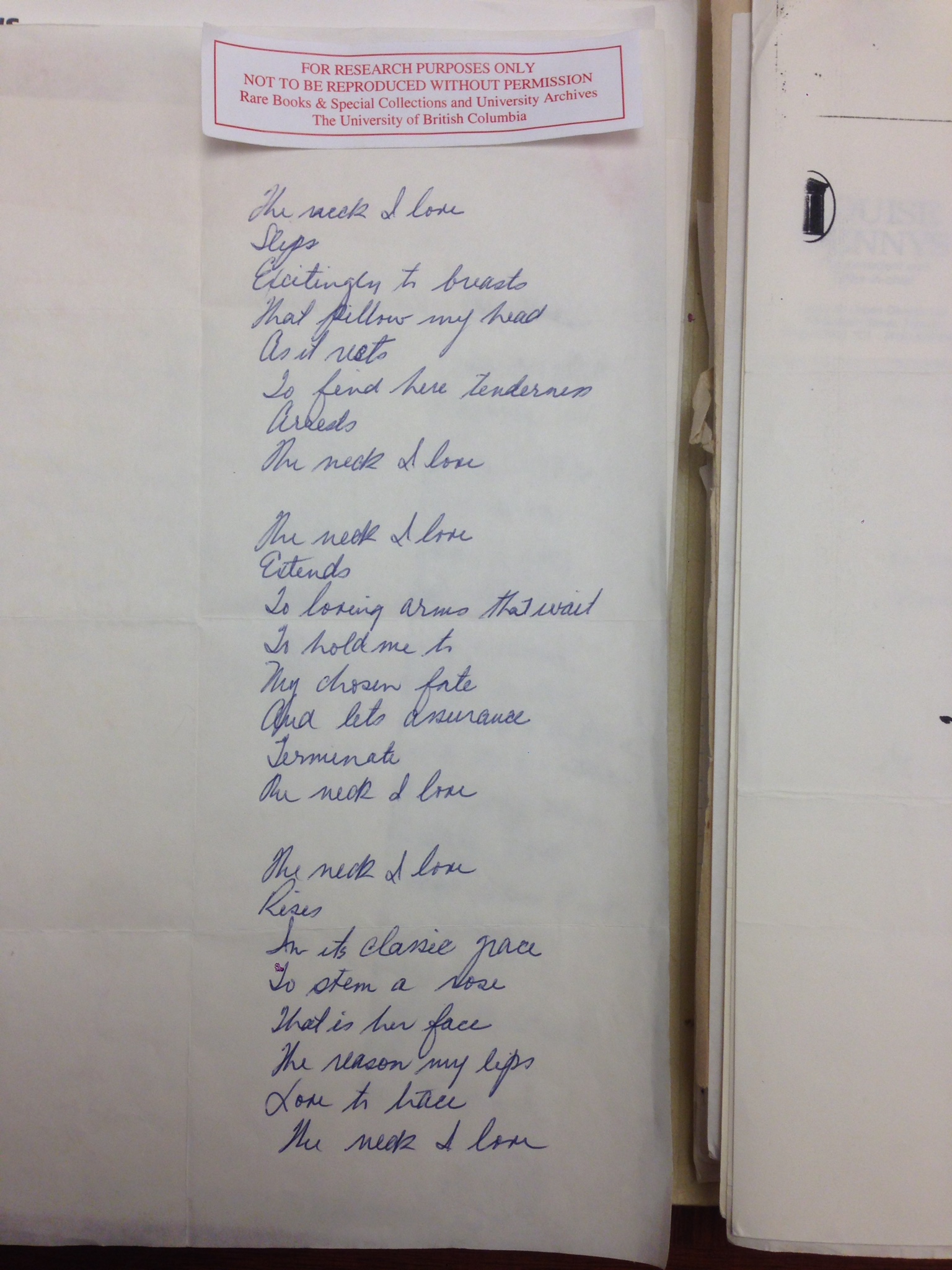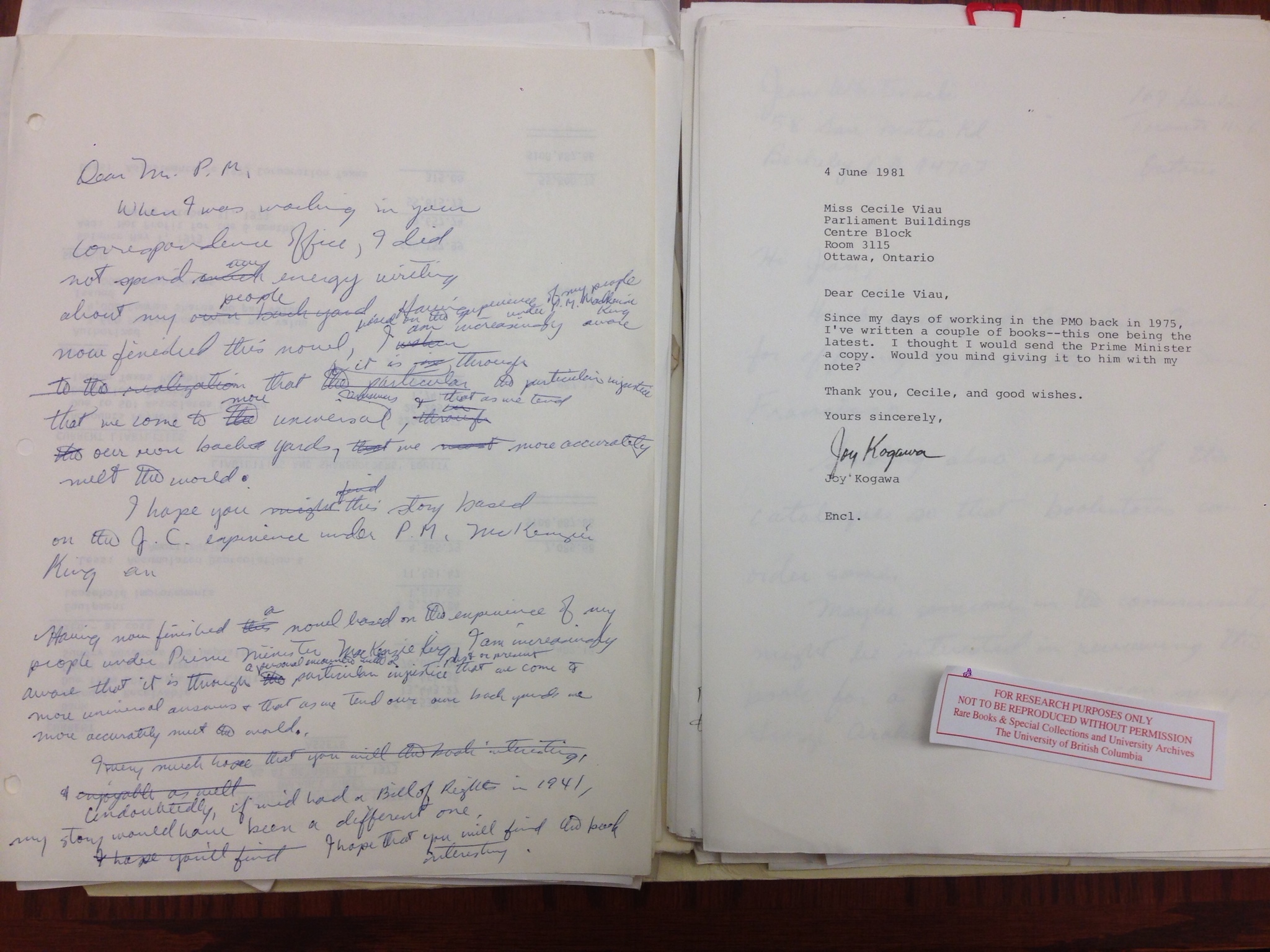Archive Adventures!
Hello again fellow humans! Hope all is well, we finally got that god forsaken poli sci paper in, and man it’s never felt so good to turn in a bad paper. However, I’m not here to talk about the struggles I have with writing about globalization and the nation-state, what I’m going to talk about today is the archives that we visited.
Ok, well to start off I’ll be perfectly honest, when I heard about this field trip I was not super stoked about it. I mean, lets go look at achieves? That doesn’t exactly scream excitement. Once we got there though it only took about ten minutes for me to eat my words. It was so cool. I was like stepping into a time capsule, I mean that’s exactly what it is, an organized time capsule and the main focus of that time capsule is everything you’re learning about and interested in.
First of all, that lady who was teaching us about the time capsules was so nice, not just nice, the so is a very necessary component of her niceness. She showed us how to look things up, where to go, but the coolest was obviously when we opened up the archives. I mean you see things in there that you never even think about. I saw letters to and from Joy Kagawa, saw rejection letters, some risqué poems, and really just a jaw dropping amount of material. I had no idea how much really goes into writing a book.
I found the archives really so fascinating that I had to go back Tuesday. I was rummaging through box 13-3 (of like a million) and I found this really neat piece of history. At least I like to think of it as history. But what I found a letter by Joy Kagawa to Prime Minister Pierre Trudeau the letter looked liked this:
Now this was super cool to me. This is a private letter to a one of the most powerful people in the world, it amazes me just how far words in a book can travel and the potential impact they may have. What’s even cooler though is that he responded! I looked and looked for that letter though but I couldn’t find it. What I took away from this field trip though is that we have so many research options at our disposal and we have such an awesome opportunity being here. I’m really excited and grateful to have these archives and can’t wait to start taking advantage of them. Thanks for reading my blog guys, and until next time!
- Kennedy
P.S. I found a lot of really cool artifacts in these boxes and could write about all of them, but for times sake I might just save it for next time. But here’s a gallery of some of he cooler things I found.
- Remembering to heal? I thought this was interesting and note worthy particularly because of the last two lines. I’d make the case that it can be argued that Kagawa hopes that this book serves as a way to cope with trauma. I thought it was really neat how that connection was right there for me to be made.
- Risque Poem Now i couldn’t make out all of this poem but it’s pg-13.. at least. It doesn’t have an author but Kagawa has been known to write poetry. Who knows, maybe she’s got a whole other side to her that I didn’t know about.
- Letter from Kagawa I thought this was really cool because it gave me some insight into Kagawa’s past and a little bit of personal life


